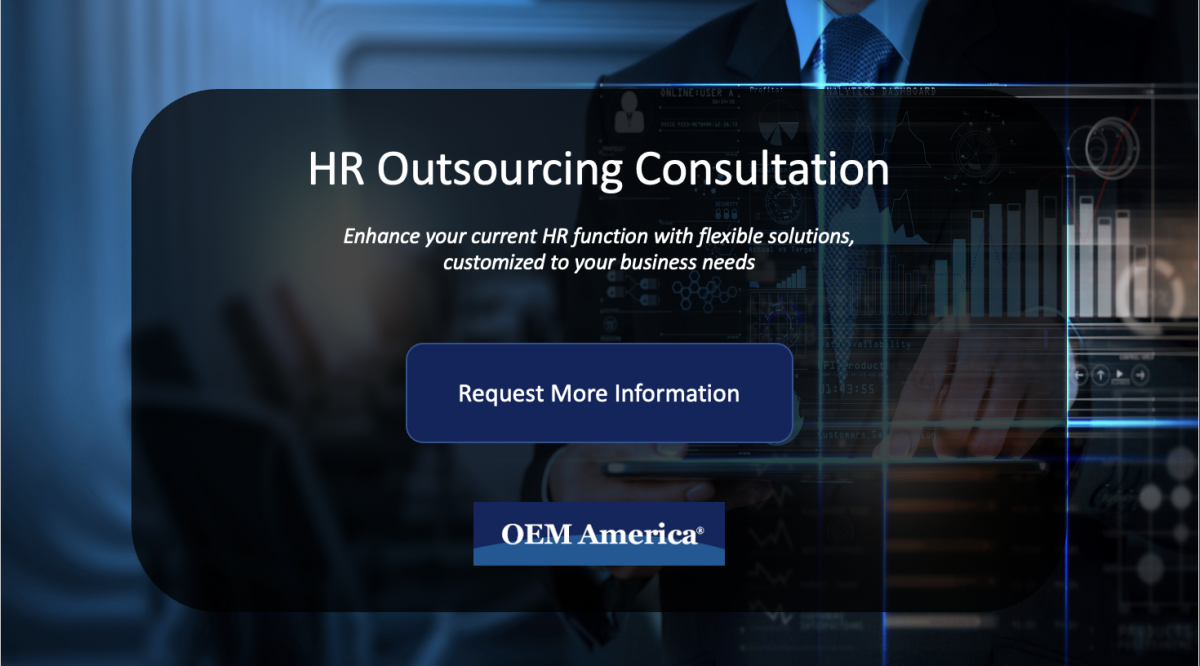The Hidden Costs of Having an Internal HR Department
Having a well-developed human resource department is crucial for your business’s long-term success. As you invest more time and money into your HR department, you might be realizing that there are a lot of hidden costs that come with an established HR department. What is the true cost of human resources? Continue reading to find out.
What are the functions of Human Resource?
The functions of your human resource department include:
- Develop and manage HR policies
- Manage employee records
- Train employees
- Ensure full legal compliance
- Administer compensation and benefits
- Manage a qualified workforce
Why Measure Human Resource Costs?
Why should you measure the cost of your human resource department? From 2013 to 2020, the average annual wage for an HR employee grew by 15%. It is important to scale the costs of your human resources to find where you can save money with the increasing cost of wages. You want to offer employees competitive salaries to attract high quality talent without breaking the budget. If you find your company spending too much on internal human resources, outsourcing talent might be the right choice for you. Measuring human resource costs can help you to predict future costs, calculate your return on investment, and monitor departmental costs.
The Hidden Costs of Having an Internal HR Department
If you look deeper into your HR department, you will find hidden costs adding up that are becoming detrimental to your business.
Hiring/Recruiting
When an employee leaves and you need to hire new talent, the process can be timely and expensive. On average, it takes 42 days to fill a position. An employee leaving can cost your company in productivity and recruitment. As you search to fill the role, you will need to invest into job listings and other external resources. If a new hire does not work out, then you just wasted time and money. Having an in-house HR can run the risk of employees leaving, making you financially responsible to replace the employee. Many businesses are outsourcing their HR to avoid the costs that come with hiring and recruiting new employees.
Training and Developing
On top of recruiting and hiring new talent, you must train and develop employees consistently to keep up with new policies and procedures. To reduce risk in your company, your human resource department needs to be aware of new legal compliances relevant to your industry. Investing into your employee’s development is crucial for your long-term success, making it a very pricy hidden cost to your organization.
Providing Benefits and Salaries
Providing benefits with full salaries to your HR employees that include overtime pay can be a huge added cost to your organization. To attract high quality talent, you will want to offer good benefits to your employees as well as a competitive salary. When you outsource your HR, you have the ability to capture insurance policies at a better price, giving your employees better benefits overall. Providing a full salary with overtime can get costly considering employees take vacations and call out sick regularly. Hiring HR personnel outside your company puts the stress of providing competitive salaries and benefits onto someone else.
Human Mistakes
Having an internal HR department means that you will encounter mistakes at some point due to human error. These individuals may forget to fill in a form, file paperwork, or be unaware of relevant regulations. Human errors in HR can quickly become costly mistakes. It will take time and money to fix any mistakes made. To have minimal risk of human error, consider outsourcing your HR department with professionals who are always up to date on the latest policies and procedures. Outsourcing gives your company access to some of the best professionals in the field.
Go Back
